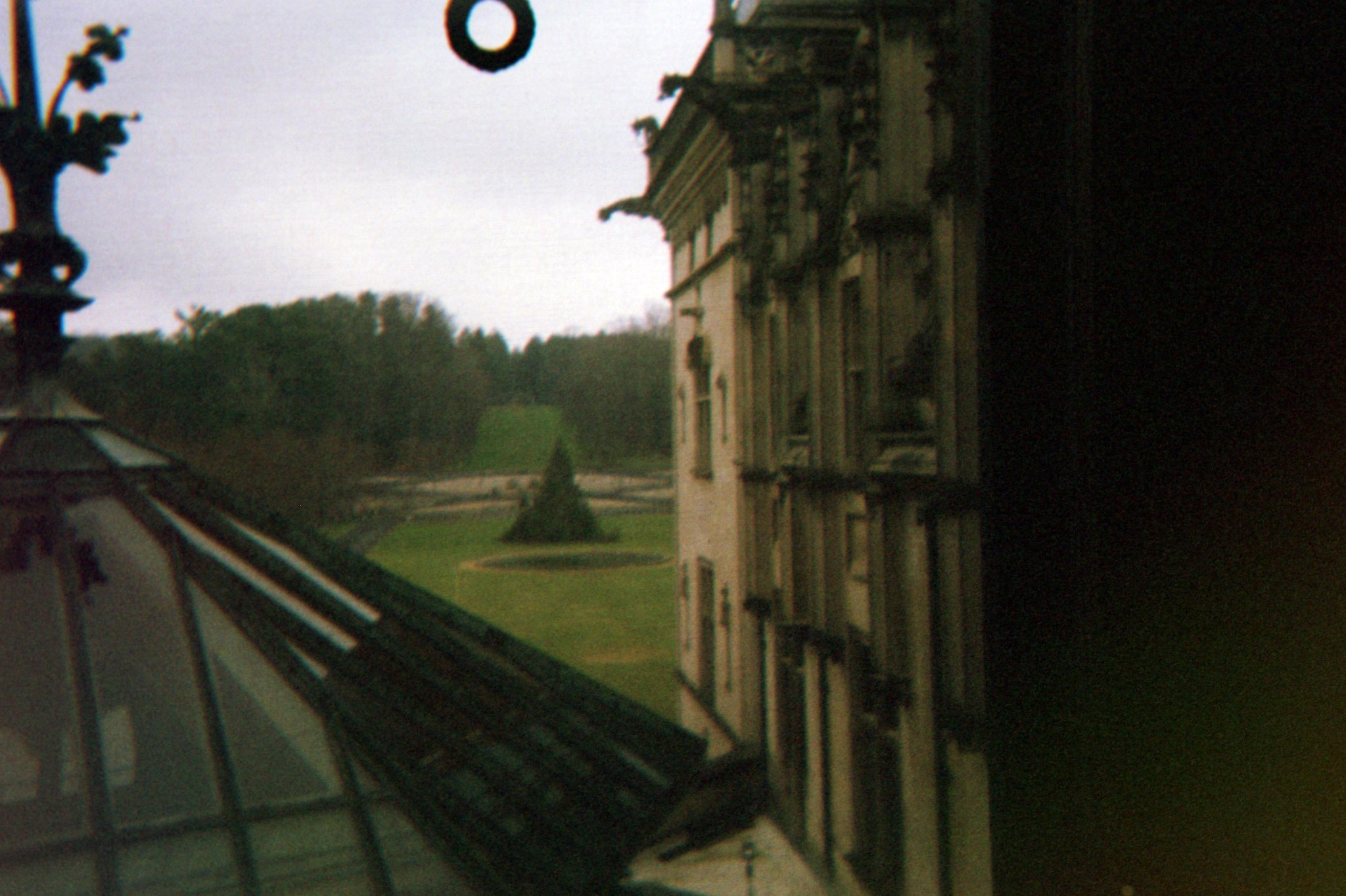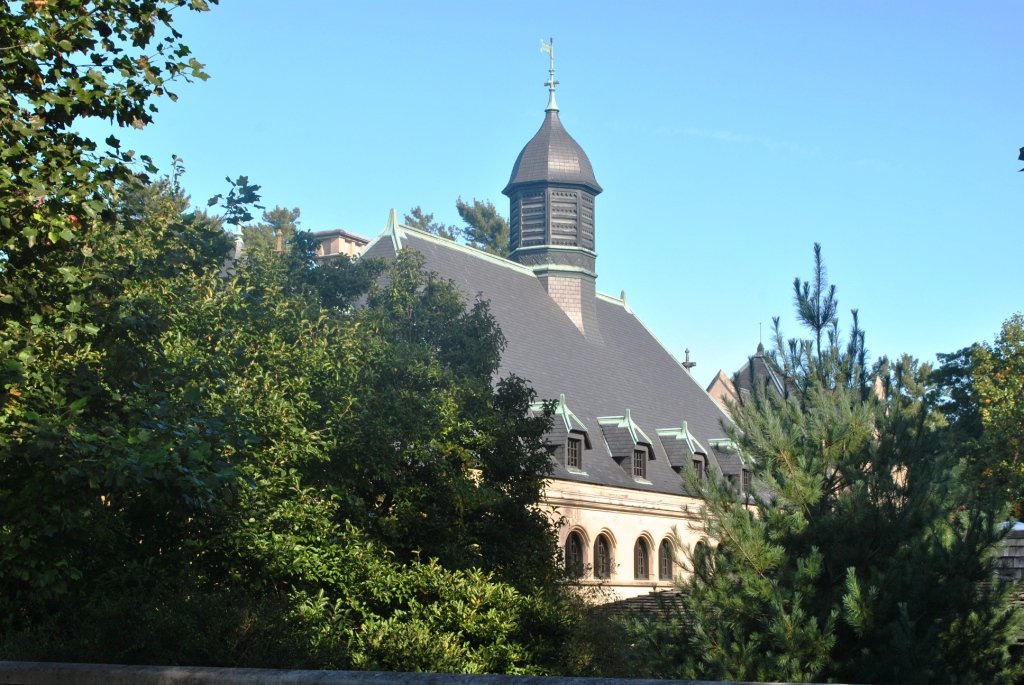The Biltmore Estate family quarters represent the epitome of late 19th-century American opulence. Located within the 250-room Biltmore House in Asheville, North Carolina, these private spaces offer a unique insight into the daily lives of the Vanderbilt family. Built between 1889 and 1895, the family quarters showcase exquisite craftsmanship, cutting-edge technology, and the lavish lifestyle of America’s Gilded Age elite.
What Were the Living Conditions in the Biltmore Estate Family Quarters?

The Biltmore Estate family quarters were designed to provide the utmost comfort and luxury for the Vanderbilt family and their guests. These private spaces featured:
- State-of-the-art amenities for the time, including electricity, central heating, and indoor plumbing
- Luxurious bedrooms with en-suite bathrooms
- Private sitting rooms and parlors for relaxation and entertainment
- Access to the latest technologies, such as telephones and elevators
The family quarters were not just about opulence; they also incorporated practical elements to ensure the smooth running of the household. This included:
- A sophisticated servant call system
- Convenient access to service areas for staff
- Ample storage spaces for personal belongings and clothing
How Were the Family Quarters Arranged Within the Biltmore House?

The family quarters at Biltmore Estate were strategically positioned to provide privacy and comfort. Here’s a breakdown of their arrangement:
- Second Floor:
- Master bedrooms for George and Edith Vanderbilt
- Guest suites for close family and friends
-
Private sitting rooms and boudoirs
-
Third Floor:
- Additional guest bedrooms
- Cornelia Vanderbilt’s nursery and later bedroom
-
Family library and study areas
-
Fourth Floor:
- Observatory for stargazing and enjoying mountain views
- Additional bedrooms for extended family or overflow guests
This arrangement allowed for a clear separation between public and private spaces within the house, ensuring the family’s comfort and privacy.
What Unique Features Did the Biltmore Estate Family Quarters Possess?
The family quarters at Biltmore Estate boasted several unique features that set them apart:
- Technological Advancements:
- Early adoption of Thomas Edison’s light bulbs
- Two electric elevators for easy access between floors
-
A centrally controlled clock system
-
Architectural Elements:
- Intricately carved woodwork and moldings
- Custom-designed furniture and textiles
-
Imported European antiques and artwork
-
Personal Touches:
- George Vanderbilt’s extensive book collection in the family library
- Customized closets and dressing rooms
- Private balconies offering panoramic views of the estate
How Did the Family Quarters Reflect the Vanderbilts’ Lifestyle?
The Biltmore Estate family quarters were a testament to the Vanderbilts’ refined tastes and interests:
| Aspect | Reflection in Family Quarters |
|---|---|
| Art Appreciation | Walls adorned with priceless paintings and tapestries |
| Literary Pursuits | Extensive private library with rare books |
| Social Status | Lavish guest suites for entertaining high-society friends |
| Technological Interest | Integration of latest innovations in home comfort |
| Love of Nature | Large windows and balconies to enjoy the surrounding landscape |
These elements combined to create a living space that was both personally meaningful to the Vanderbilts and impressive to their guests.
What Role Did the Family Quarters Play in Daily Life at Biltmore?
The family quarters were the heart of daily life for the Vanderbilts at Biltmore Estate. They served multiple purposes:
- Personal Retreat:
- A sanctuary for relaxation away from public areas
-
Space for private family moments and conversations
-
Social Hub:
- Intimate gatherings with close friends and relatives
-
Informal family meals and activities
-
Work and Study:
- George Vanderbilt’s private office for managing estate affairs
-
Quiet areas for reading and correspondence
-
Child-Rearing:
- Nursery and play areas for young Cornelia Vanderbilt
- Educational spaces as she grew older
How Have the Family Quarters Been Preserved and Presented to the Public?
The preservation and presentation of the Biltmore Estate family quarters have been carefully managed:
- Meticulous restoration efforts to maintain original furnishings and decor
- Limited public access to protect delicate artifacts and maintain the sense of privacy
- Guided tours offering insights into the family’s daily life and routines
- Use of period-appropriate items to fill in gaps where original pieces are missing
- Ongoing research to ensure accurate historical interpretation
Visitors can now experience these spaces through specialized tours, gaining a glimpse into the private world of one of America’s most prominent Gilded Age families.
What Can We Learn About Gilded Age Society from the Biltmore Family Quarters?
The Biltmore Estate family quarters offer valuable insights into Gilded Age society:
- Class Distinctions:
- Clear separation between family areas and servant spaces
-
Luxurious accommodations reflecting immense wealth
-
Technological Progress:
- Adoption of new inventions in home comfort and convenience
-
Blend of traditional craftsmanship with modern innovations
-
Social Expectations:
- Spaces designed for entertaining and impressing high-society guests
-
Emphasis on privacy and exclusivity
-
Family Dynamics:
- Provision for multi-generational living and extended family visits
-
Balance between public persona and private family life
-
Cultural Aspirations:
- Integration of European art and design influences
- Emphasis on education and refinement through private libraries and studies
By examining these private spaces, we gain a deeper understanding of the lifestyle, values, and social structures of America’s elite during the late 19th and early 20th centuries.
The Biltmore Estate family quarters stand as a remarkable testament to the opulence of the Gilded Age and the visionary spirit of the Vanderbilt family. They offer a unique window into a bygone era of American history, where wealth, innovation, and artistry converged to create one of the most extraordinary private residences ever built.
